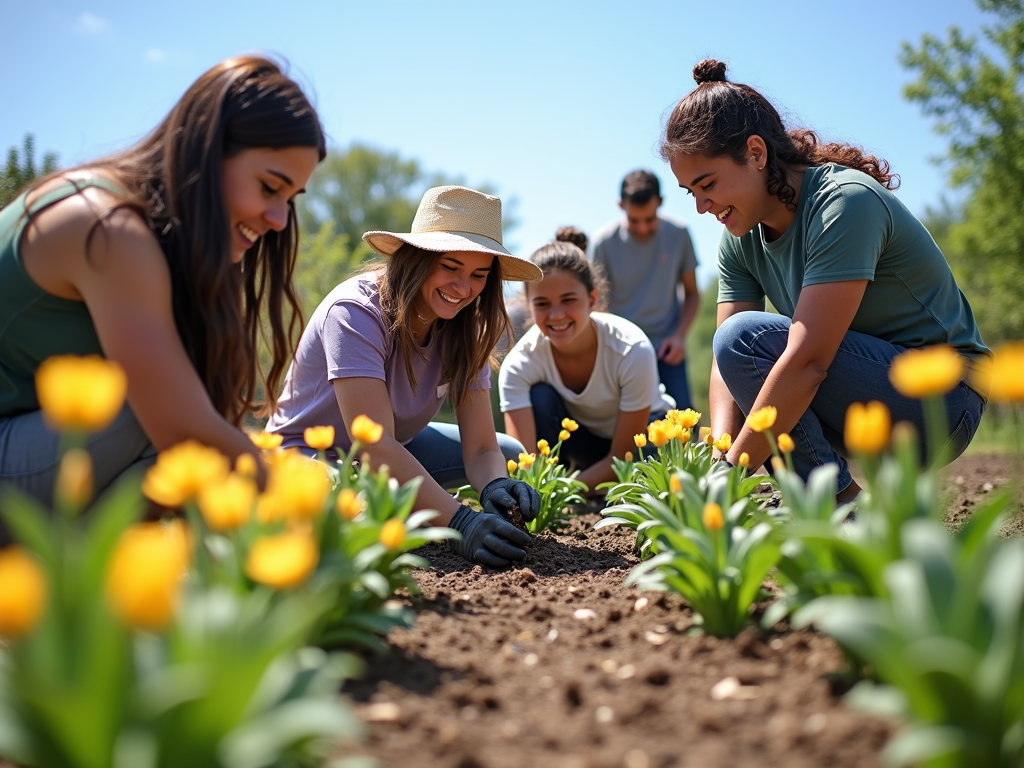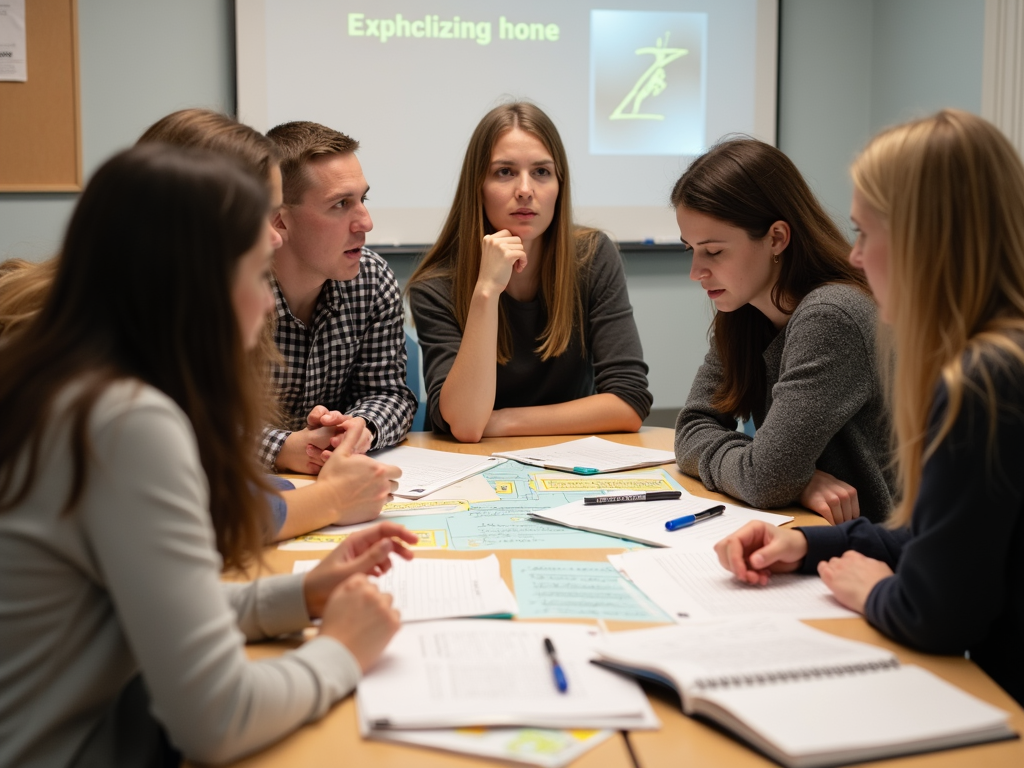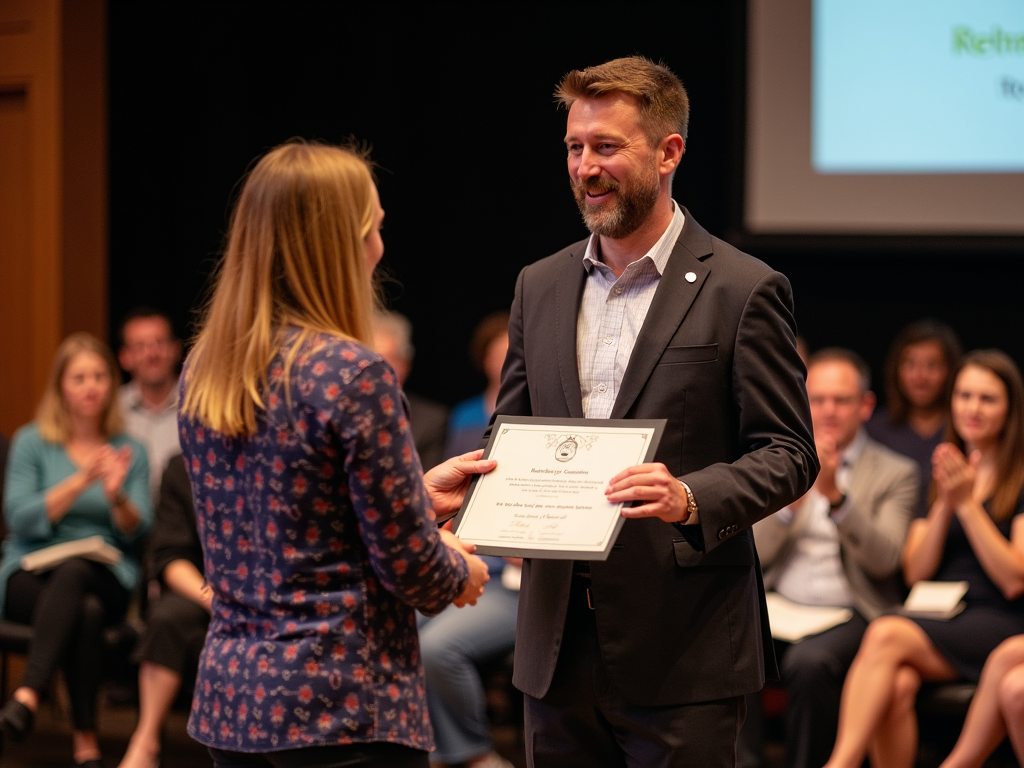Finding Volunteer Opportunities: A Guide to Starting Your Service Learning Journey
By , April 16, 2025
Volunteering is a powerful way to give back to your community while gaining valuable experiences and skills. Whether you're looking to make a difference, meet new people, or enhance your resume, finding the right volunteer opportunity can be a rewarding journey. This guide will help you navigate the process of finding volunteer opportunities, starting a service learning project, and making the most of your volunteer experience.

How to Find Volunteer Opportunities
Finding volunteer opportunities can seem overwhelming at first, but there are many resources available to help you get started. Here are some effective ways to discover opportunities that align with your interests and skills:
- Online Platforms: Websites like VolunteerMatch, Idealist, and All for Good allow you to search for volunteer opportunities based on location, cause, and skills.
- Local Organizations: Reach out to local nonprofits, schools, hospitals, and community centers to inquire about volunteer needs.
- Networking: Talk to friends, family, and colleagues about their volunteer experiences and ask for recommendations.
- Social Media: Follow organizations and causes you're interested in on social media to stay updated on volunteer opportunities.
When searching for opportunities, consider what you're passionate about and what skills you can bring to the table. Whether it's working with children, supporting environmental causes, or helping the elderly, there's a volunteer opportunity out there for everyone.

Starting a Service Learning Project
Service learning combines community service with structured learning objectives, making it a great way to engage students and community members in meaningful projects. Here's how to start a service learning project:
- Identify a Community Need: Talk to community members, local organizations, and stakeholders to understand the challenges and needs in your area.
- Set Clear Goals: Define what you want to achieve with your project, both in terms of community impact and learning outcomes.
- Plan the Project: Develop a detailed plan that includes timelines, resources, and roles for participants.
- Recruit Volunteers: Reach out to schools, universities, and community groups to find participants who are passionate about the cause.
- Implement and Reflect: Carry out the project and encourage participants to reflect on their experiences and what they've learned.
Service learning projects not only benefit the community but also provide participants with opportunities to develop leadership, teamwork, and problem-solving skills.

The Benefits of Volunteering and Service Learning
Volunteering and service learning offer numerous benefits for both individuals and communities. Here are some of the key advantages:
- Personal Growth: Volunteering helps you develop empathy, compassion, and a sense of purpose.
- Skill Development: Gain practical skills such as communication, leadership, and project management.
- Community Impact: Make a tangible difference in your community by addressing local needs.
- Networking: Meet like-minded individuals and expand your professional and social networks.
- Resume Enhancement: Volunteer experience can make your resume stand out to employers and colleges.
Whether you're a student, professional, or retiree, volunteering can enrich your life in countless ways.

Tips for Making the Most of Volunteer Opportunities
To maximize your volunteer experience, consider these tips:
- Be Proactive: Don't wait for opportunities to come to you; seek them out and take initiative.
- Take Initiative: Look for ways to contribute beyond your assigned tasks and offer new ideas.
- Be Open to New Experiences: Step out of your comfort zone and try different roles or projects.
- Commit Fully: Show up on time, follow through on commitments, and be reliable.
- Reflect on Your Experience: Take time to think about what you've learned and how you've grown.
By approaching volunteering with enthusiasm and dedication, you can make a lasting impact and gain valuable insights.

Overcoming Challenges in Volunteering
Volunteering can sometimes be challenging, but these strategies can help you navigate common obstacles:
- Time Management: Balance your volunteer commitments with other responsibilities by setting clear priorities and schedules.
- Dealing with Difficult Situations: Stay calm, communicate openly, and seek support from supervisors or fellow volunteers.
- Staying Motivated: Remind yourself of the positive impact you're making and celebrate small victories.
- Avoiding Burnout: Take breaks when needed, practice self-care, and don't hesitate to ask for help.
Remember, challenges are a natural part of any meaningful endeavor, and overcoming them can lead to personal growth and resilience.

The Impact of Volunteering on the Community
Volunteering has a profound impact on communities, often leading to positive changes that extend beyond the immediate project. Here are some examples:
- Environmental Projects: Volunteers planting trees or cleaning up beaches help preserve natural resources for future generations.
- Educational Initiatives: Tutoring programs and literacy projects empower individuals and strengthen communities.
- Health and Wellness: Volunteers supporting food banks, shelters, and health clinics provide essential services to those in need.
Moreover, volunteering can inspire others to get involved, creating a ripple effect that amplifies the impact. When people see the positive changes brought about by volunteers, they're more likely to contribute their time and skills as well.

Volunteering is a journey that enriches both the giver and the receiver. By finding the right opportunities, starting meaningful projects, and embracing the challenges and rewards, you can make a lasting difference in your community. Whether you're just starting out or looking to deepen your involvement, remember that every act of service, no matter how small, contributes to a better world. So, take the first step today—find a volunteer opportunity that speaks to you and begin your service learning journey.